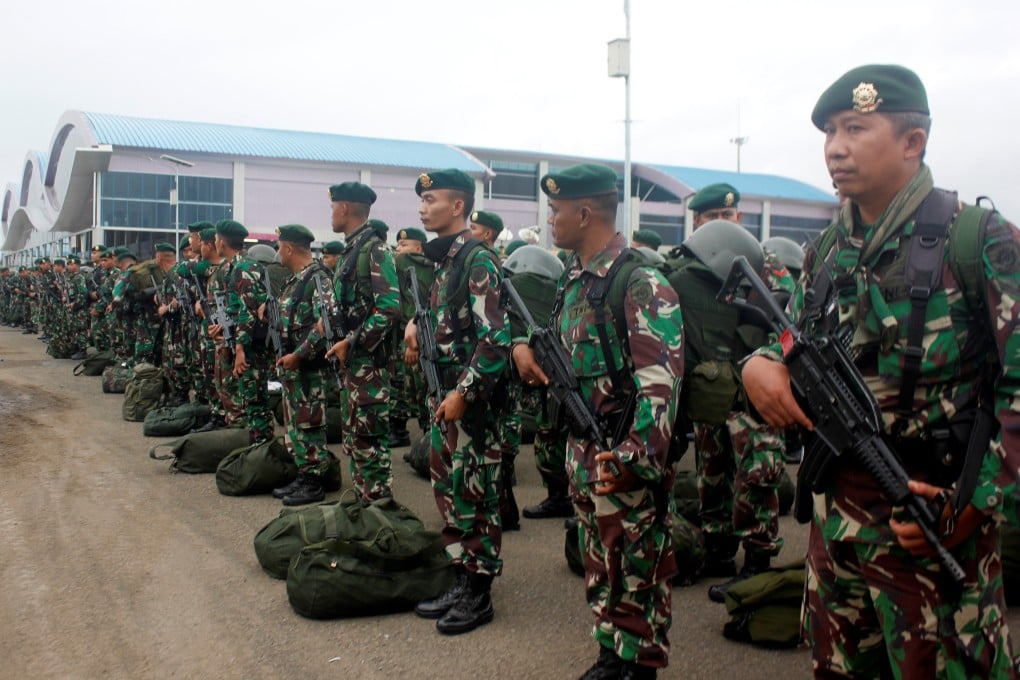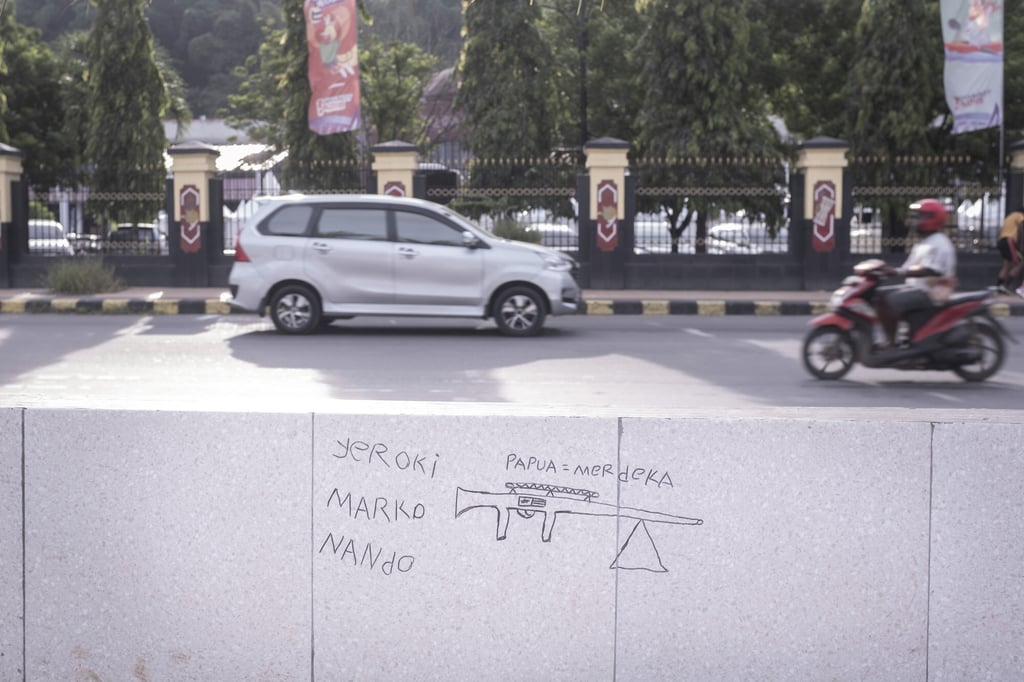For Indonesia’s restive Papua region, will Biden’s human rights focus bring any change?
- Indonesia is pouring more troops into Papua, which has experienced a bloody separatist movement since the 1960s
- Washington may overlook rights abuses for stable ties with Jakarta, given its mineral riches and importance to the US Indo-Pacific Security Strategy

Reporting for this story was supported by the Round Earth Media programme of the International Women’s Media Foundation
And it has felt like a broken record ever since that United Nations-backed 1969 vote: civilian casualties caught in the crossfire, arbitrary arrests of activists, extrajudicial killings, displacements of entire villages, high-level corruption, sparse economic development, rigged local elections, and oppressive police and military personnel.
Just this year alone, hundreds of additional Indonesian troops poured into Papua to join a new military operation after Brigadier General I Gusti Putu Danny Karya Nugraha, the country’s top intelligence official, was killed in an ambush by the guerilla Free Papua Movement on April 25. In retaliation, police killed nine rebels in their own ambush a few days later, losing one officer who was shot dead during the firefight.
The Indonesian government has since designated the Free Papua Movement, better known as the OPM, as a terrorist organisation. More activists have been arrested, local journalists intimidated, and internet access was briefly cut in the region’s main city, Jayapura, in early June.

“The solution that has always been offered by Indonesia is sending the military, arrests of activists, silencing of democratic spaces, and doing infrastructure development in such a way that the Papua problem is limited to [development],” said Sakarias Orota, a senior member of the Papua Customary Council in West Papua province.
